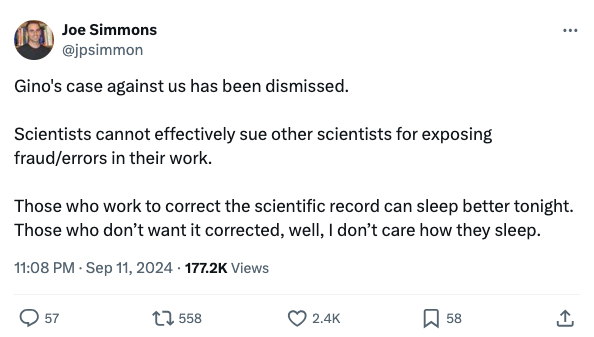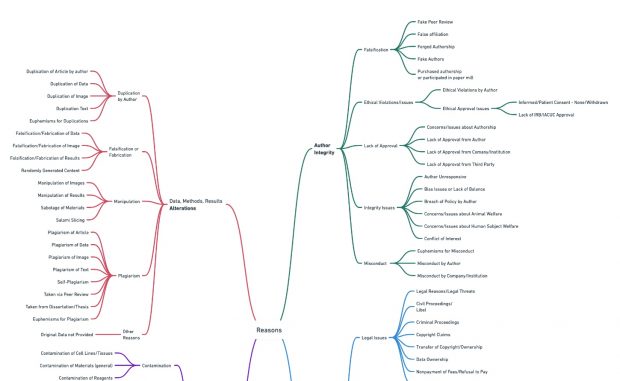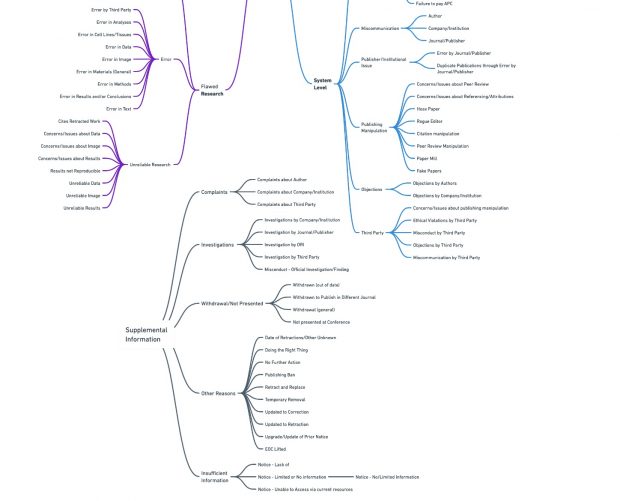It is not the weaponization or the destructive vendetta of some investigators. The biggest problem is also not about the technical skills. It is something completely different —the intentional misuse of the internal scientific discussion (does something like this still exist?) by an political agenda. As devybee puts it forward in a book review about the swamp of science fraud
Szabo is impressed by the efforts of “data sleuths”, who perform post-publication peer review and report problems on the PubPeer website, but he regards this as unsustainable: and cleaning up the literature should not be a task for volunteers. …Szabo’s recommendations for change focus on funders, who have the power to deny funding to those who fail to take steps to ensure that their results are reliable. …This is a particularly difficult time to be conveying such a message. The only people who might be overjoyed to hear that a high proportion of published research is unreliable are politicians who are antagonistic to science and would like an excuse to defund it.






